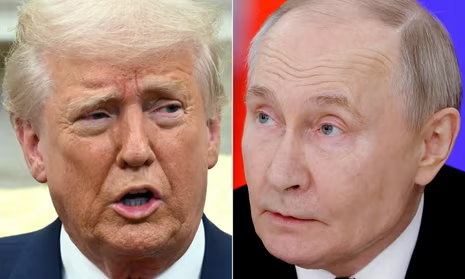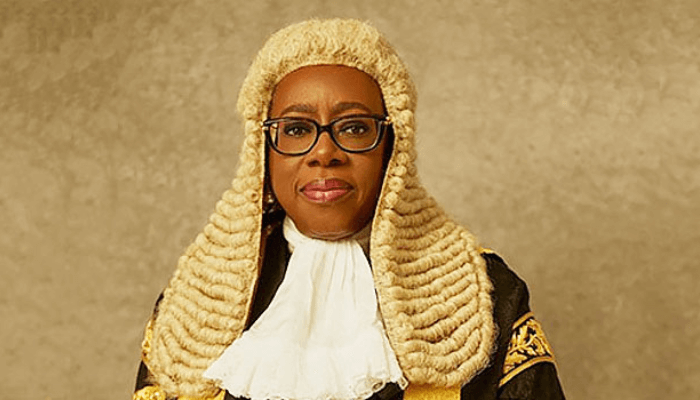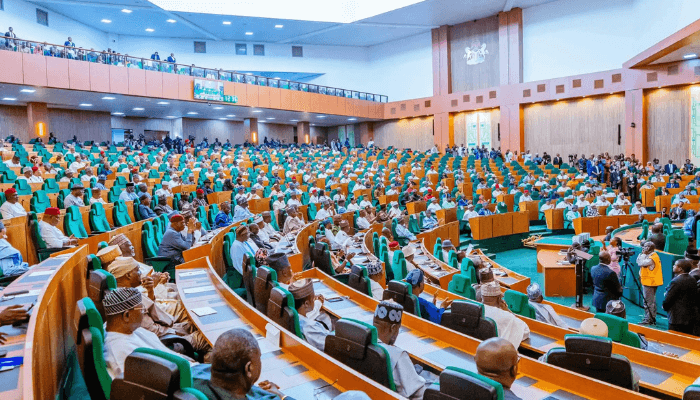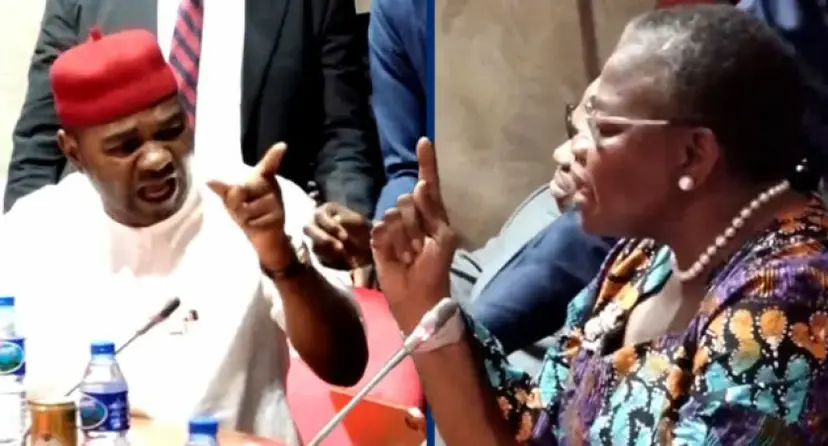In a high-stakes phone call on Tuesday, Russian President Vladimir Putin and former U.S. President Donald Trump reached an agreement to halt strikes on Ukraine’s energy infrastructure, but a broader ceasefire remained elusive.
The conversation, which lasted over 90 minutes, marked a significant diplomatic engagement between the two leaders, both of whom expressed a desire to mend fractured relations following Russia’s full-scale invasion of Ukraine three years ago.
No Breakthrough on Ceasefire
While Trump had hoped to secure an immediate 30-day ceasefire, which Kyiv had already agreed to, Putin refused to commit to a broader truce. Instead, the Kremlin insisted that any comprehensive peace deal would require the complete withdrawal of Western military aid to Ukraine—a condition unlikely to be accepted by Kyiv and its allies.
Following the call, Ukrainian President Volodymyr Zelensky welcomed the temporary energy ceasefire but criticized Putin’s unwillingness to end hostilities, arguing that it demonstrated Russia’s continued intent to weaken Ukraine.
Trump, however, remained optimistic, writing on his Truth Social platform that there was a “clear understanding” between both leaders to work towards a complete ceasefire and, ultimately, an end to the war.
Despite Putin’s pledge to pause strikes on Ukraine’s energy grid, air raid sirens blared in Kyiv just hours after the conversation, as explosions were reported in the capital. This suggested that Russia remained committed to its broader military campaign, despite diplomatic overtures.
According to the Kremlin’s official statement, Putin has already ordered Russian forces to halt energy-related strikes for 30 days. The White House, in a separate statement, confirmed that the “path to peace” would begin with this temporary halt on attacks targeting energy and infrastructure.
Russia has waged a relentless assault on Ukraine’s power grid throughout the winter, while Ukraine has responded with drone strikes on Russian oil facilities in return.
While Trump and Putin agreed to initiate broader peace negotiations, the Kremlin made it clear that its key demand remains the total cessation of Western military and intelligence assistance to Ukraine.
European leaders reacted with caution. German Chancellor Olaf Scholz and French President Emmanuel Macron reaffirmed their commitment to military aid for Ukraine, with Scholz declaring, “Ukraine can count on us.”
Western officials remain wary that Trump’s negotiations could pressure Ukraine into making unilateral concessions, particularly given his past statements about “dividing up Ukraine’s assets”, including territory and power plants.
On the battlefield, Russia has maintained its offensive in eastern and southern Ukraine, regaining territory in the Kursk region—an area Ukraine had previously captured and hoped to leverage in negotiations.
On Tuesday, Russian officials also claimed that Ukrainian forces attempted an attack on Belgorod but were repelled, framing it as an effort to undermine the ongoing Trump-led peace talks.
As diplomatic efforts struggle to gain traction, Putin remains firm on his demands, while Trump, keen on delivering on his campaign promise to end the war, appears eager to secure a deal—even as allies express concern over the potential cost to Ukraine.
With the war still raging, the question remains: Will this temporary pause in energy strikes lead to a lasting peace, or is it merely a tactical maneuver in a prolonged conflict?
AFP




